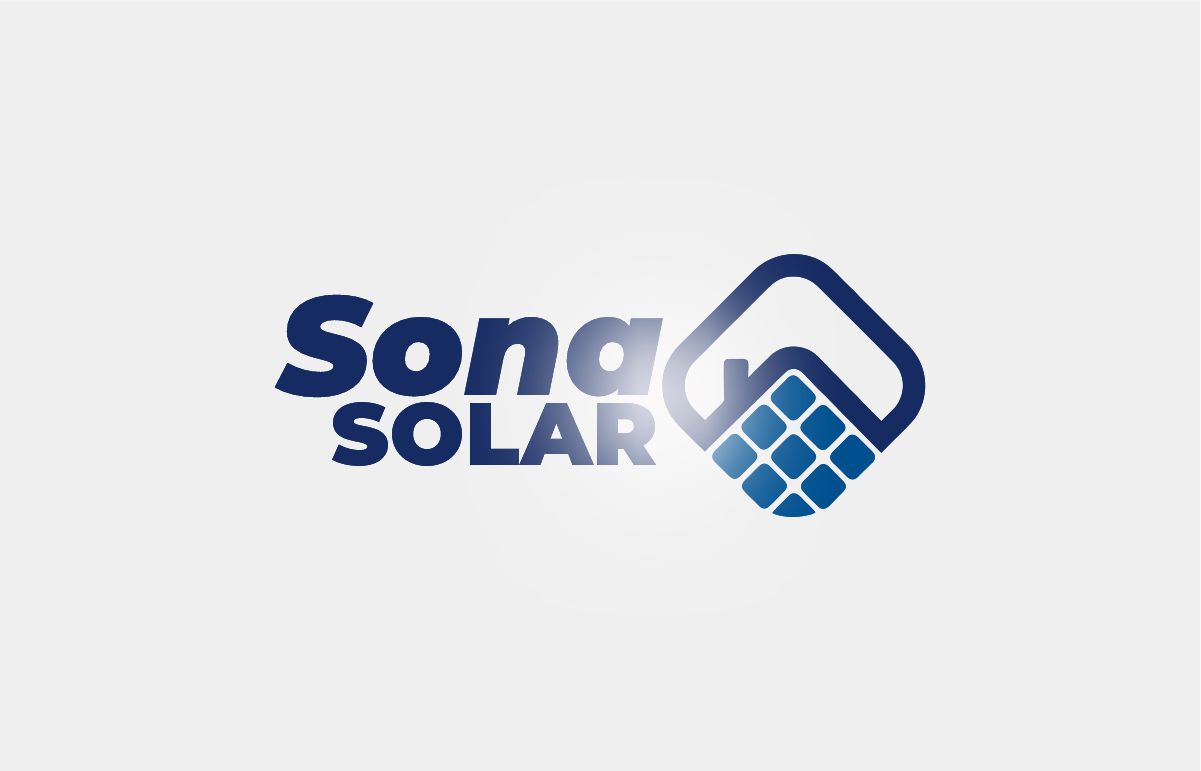Product images and specifications are for illustrative purposes only and may not reflect the exact items available. All solar products are subject to availability. Please contact us for current inventory and pricing.
Feel free Call us or WhatsApp us on +263 78 922 2847 and +263 78 864 2437.
For Borehole Drilling Services WhatsApp us on +263 77 389 8979 or +263 71 918 7878.
In a significant step toward improving healthcare access and sustainability, the Zimbabwean government has embarked on an ambitious project to install solar energy units in over 1,000 health facilities across the nation.
This initiative not only marks a pivotal moment in Zimbabwe’s energy transition but also aims to enhance the quality of healthcare services in remote and underserved areas. With the integration of solar power, hospitals and clinics are set to experience reduced operational costs, improved service delivery, and a greener footprint.
Sona Solar Zimbabwe delves deep into the implications of this initiative, examining its potential impact on healthcare, energy sustainability, and the lives of ordinary Zimbabweans.
Rural Clinics: Many rural clinics have historically faced challenges due to their remote locations. With solar energy, these facilities can now offer services that were previously limited by power shortages, such as night-time emergency care and extended operating hours.
Energy analyst, Ms. Tendai Chikanya, noted the broader implications of the initiative: “This move towards solar energy in healthcare can serve as a model for other sectors. It demonstrates that renewable energy can play a pivotal role in our national development strategy.”
As we look ahead, the success of this initiative could serve as a beacon of hope, inspiring further investment in renewable energy across all sectors. Engaging communities, ensuring ongoing support, and embracing innovation will be crucial in realizing the full potential of solar energy in Zimbabwe.
The Background of Solar Energy in Zimbabwe
Zimbabwe, like many countries in Southern Africa, has faced chronic energy shortages. The reliance on fossil fuels and the aging infrastructure of the national grid have often led to power outages that disrupt essential services, especially in the healthcare sector. |
| 1000 Health Facilities Get Solar Units |
These challenges have necessitated a shift towards renewable energy sources, with solar power emerging as a viable and sustainable alternative.
Current State of Solar Adoption
In recent years, the government and various stakeholders have recognized the potential of solar energy. Incentives for solar installations have increased, and both private and public sectors are beginning to invest in renewable energy solutions. The current initiative to equip health facilities with solar units is a continuation of this broader movement towards embracing solar technology.The Solar Initiative: Overview and Objectives
Key Features of the Initiative
The government's solar installation project aims to equip hospitals, clinics, and health posts with solar panels, inverters, and battery storage systems. This comprehensive approach ensures that health facilities can operate independently of the national grid, thus mitigating the effects of power shortages.Objectives
- Enhancing Healthcare Delivery: By ensuring a reliable power supply, health facilities can maintain essential services, such as refrigeration for vaccines and uninterrupted operation of medical equipment.
- Reducing Operational Costs: Solar energy can significantly lower electricity bills, allowing funds to be redirected towards critical healthcare needs.
- Promoting Environmental Sustainability: This initiative aligns with global efforts to reduce carbon footprints and combat climate change by utilizing clean energy sources.
The Impact on Healthcare Facilities
Improved Service Delivery
With the installation of solar units, health facilities can expect a substantial improvement in service delivery. Hospitals that previously struggled with frequent power outages will now be able to provide consistent care, particularly in areas such as maternal health, immunization programs, and emergency services. This reliability can lead to better health outcomes and increased patient trust in the healthcare system.Case Studies: Facilities Benefiting from Solar Power
Harare Central Hospital: As one of the largest healthcare institutions in Zimbabwe, Harare Central Hospital has seen significant improvements in patient care since the installation of solar panels. The uninterrupted power supply has allowed for better management of medical equipment, particularly in intensive care units.Rural Clinics: Many rural clinics have historically faced challenges due to their remote locations. With solar energy, these facilities can now offer services that were previously limited by power shortages, such as night-time emergency care and extended operating hours.
Economic Implications
Cost Savings and Economic Resilience
The transition to solar energy is not only a health initiative but also an economic one. By reducing reliance on the national grid, health facilities can save significantly on electricity costs. These savings can be reinvested into improving healthcare services or upgrading facilities, creating a ripple effect that benefits the local economy.Job Creation
The solar initiative is expected to create job opportunities in various sectors, including installation, maintenance, and training. Local technicians will be needed to install and service solar units, fostering skills development and economic empowerment within communities.Environmental Considerations
A Step Toward Sustainability
By harnessing solar energy, Zimbabwe is taking critical steps towards environmental sustainability. This initiative aligns with global efforts to transition to renewable energy and reduce greenhouse gas emissions. Solar power’s minimal environmental impact, combined with its scalability, makes it an ideal choice for a country facing the dual challenges of energy poverty and climate change.Community Involvement
The success of the solar initiative hinges on community involvement and awareness. Engaging local communities in understanding the benefits of solar energy can foster greater acceptance and utilization of these systems, paving the way for future renewable energy projects.Challenges and Considerations
Infrastructure and Maintenance
While the installation of solar units is a monumental step, challenges remain in terms of infrastructure and ongoing maintenance. Ensuring that solar systems are properly maintained and that technicians are trained to handle repairs is crucial for the sustainability of this initiative.Initial Costs
Despite the long-term savings associated with solar energy, the initial investment can be a barrier for some facilities. Continued support from the government and international donors will be essential to overcome these financial hurdles.Expert Opinions
Insights from Industry Leaders
We spoke with energy experts and healthcare professionals to gain insights into the initiative's implications. Dr. Samuel Moyo, a healthcare consultant, emphasized the importance of reliable power in health facilities: “Solar energy not only provides the necessary power but also enhances the dignity of our healthcare system. Patients deserve to receive care without the fear of power outages.”Energy analyst, Ms. Tendai Chikanya, noted the broader implications of the initiative: “This move towards solar energy in healthcare can serve as a model for other sectors. It demonstrates that renewable energy can play a pivotal role in our national development strategy.”
Future Developments and Prospects
Scaling Up Solar Initiatives
As this solar initiative proves successful, there is potential for scaling up to include more facilities, schools, and community centers. A national strategy focusing on renewable energy can lead to increased investments and innovations within the sector.Integrating Technology
The integration of advanced technologies, such as smart grids and energy management systems, could further enhance the effectiveness of solar installations. These systems can optimize energy use and ensure that facilities operate efficiently.A Brighter Future for Zimbabwe
The installation of solar units in over 1,000 health facilities marks a transformative moment for Zimbabwe. It reflects the government's commitment to improving healthcare delivery while addressing the urgent need for sustainable energy solutions. By investing in solar power, Zimbabwe is not only enhancing the resilience of its healthcare system but also paving the way for a cleaner, more sustainable future.As we look ahead, the success of this initiative could serve as a beacon of hope, inspiring further investment in renewable energy across all sectors. Engaging communities, ensuring ongoing support, and embracing innovation will be crucial in realizing the full potential of solar energy in Zimbabwe.
This is a call to action for all stakeholders to rally together for a healthier, greener, and more prosperous nation.
Sona Solar Zimbabwe - Your One-Stop Shop for Affordable, Top-Tier Solar Solutions.
Named after the Gaelic term (Old Irish Word) Sonas - for Good Fortune (Prosperity and Happiness) - Sona Solar Zimbabwe is committed to bringing Prosperity and Happiness to its customers through Solar Solutions in Zimbabwe. We deliver turn-key energy efficient solutions to meet client energy and budgetary needs and reduce environmental impact.Sona Solar Zimbabwe Is Customer Centric. We offer a Comprehensive One-Stop-Shop experience and Bridge The Huge Gap Between Getting The Best, Quality Products and Getting it at an Affordable Price.
Feel free Call us or WhatsApp us on +263 78 922 2847 and +263 78 864 2437.
For Borehole Drilling Services WhatsApp us on +263 77 389 8979 or +263 71 918 7878.

Sona Solar Zimbabwe
Sona Solar Zimbabwe7 Frank Johnson Avenue,
Avenues, Eastlea
Harare, Zimbabwe.
Call Us Today:
Solar Sales: +263 78 293 3586
Solar Sales: +263 78 922 2847
Operations: +263 78 864 2437
Sona Landline: +263 24 2797750
Email: sonasolarzw@gmail.com
Website: www.sonasolar.co.zw

Borehole Experts Zimbabwe
Borehole Experts Zimbabwe7 Frank Johnson Avenue,
Avenues, Eastlea
Harare, Zimbabwe.
Call Us Today:
Borehole Sales: +263 77 389 8979
Borehole Sales: +263 71 500 3777
Borehole Operations: +263 71 918 7878
Borehole Landline: +263 24 2797750
Email: boreholeexpertszw@gmail.com
Website: www.boreholeexperts.co.zw
Choosing The Best Solar Company in Zimbabwe:
Choosing a solar panel installation company can be time-consuming. It is easy to be overwhelmed when comparing the reputation, price, warranty, and panel options of different solar providers.Sona Solar Zimbabwe stands out as one of the most reputable companies in Zimbabwe. Sona Solar Zimbabwe offers reliable systems with a 25-year warranty, 10-year workmanship warranty, and two-year production guarantee.
Sona Solar Zimbabwe prides itself on offering original solar products and accessories. Sona Solar Zimbabwe also maintains partnerships with reputable brands around the world.

.jpg)


.jpg)

.jpg)



.jpg)





